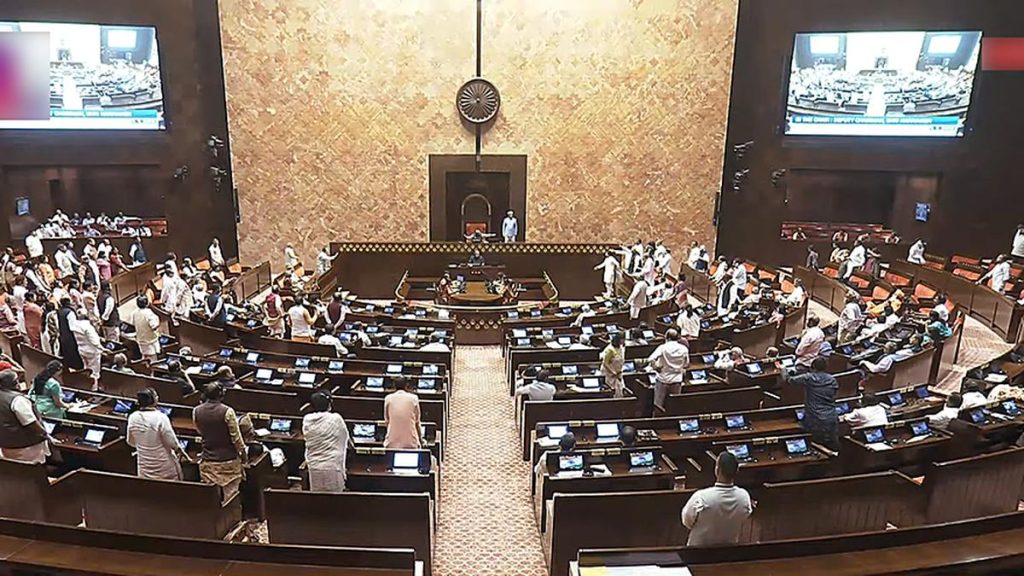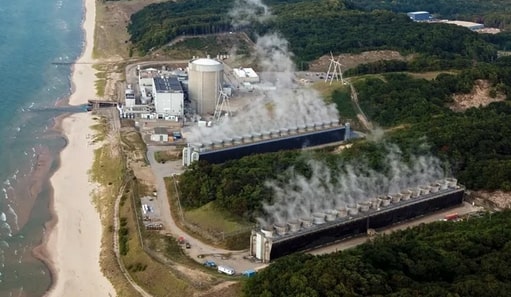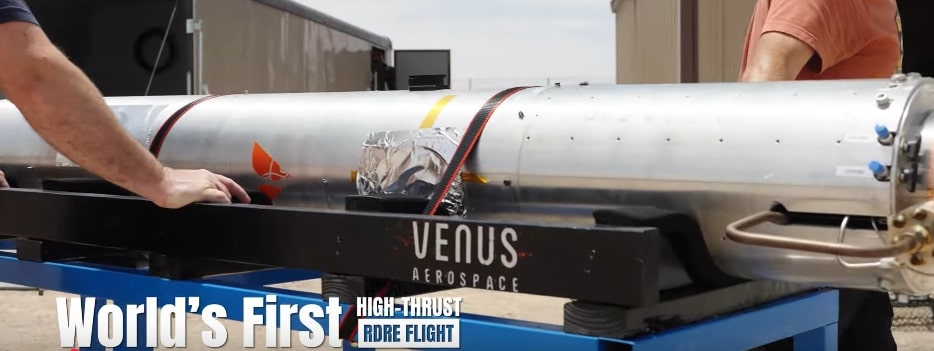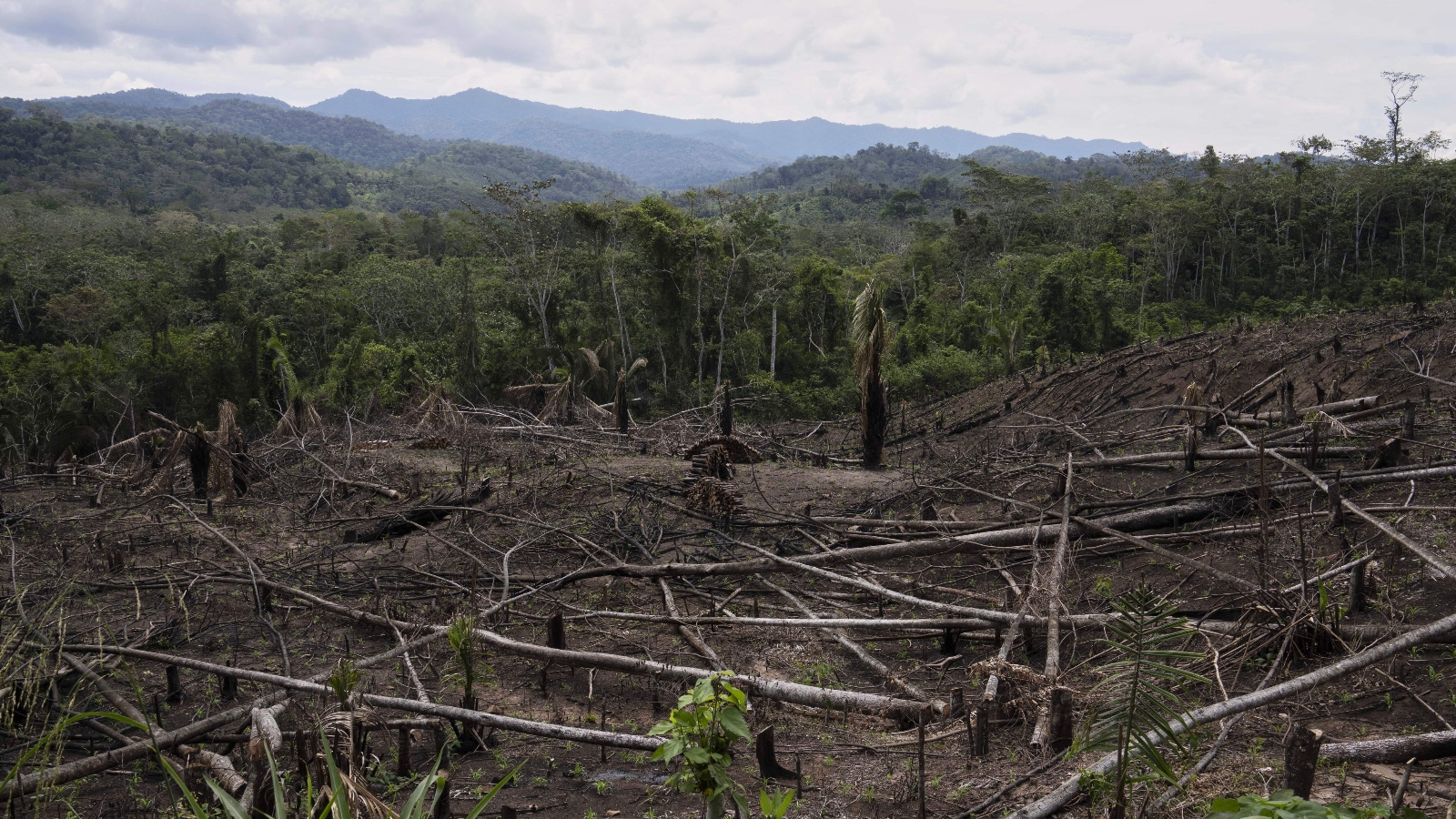Now Reading: U.S. Funding to Shield Cities from Extreme Heat Dries Up
-
01
U.S. Funding to Shield Cities from Extreme Heat Dries Up
U.S. Funding to Shield Cities from Extreme Heat Dries Up
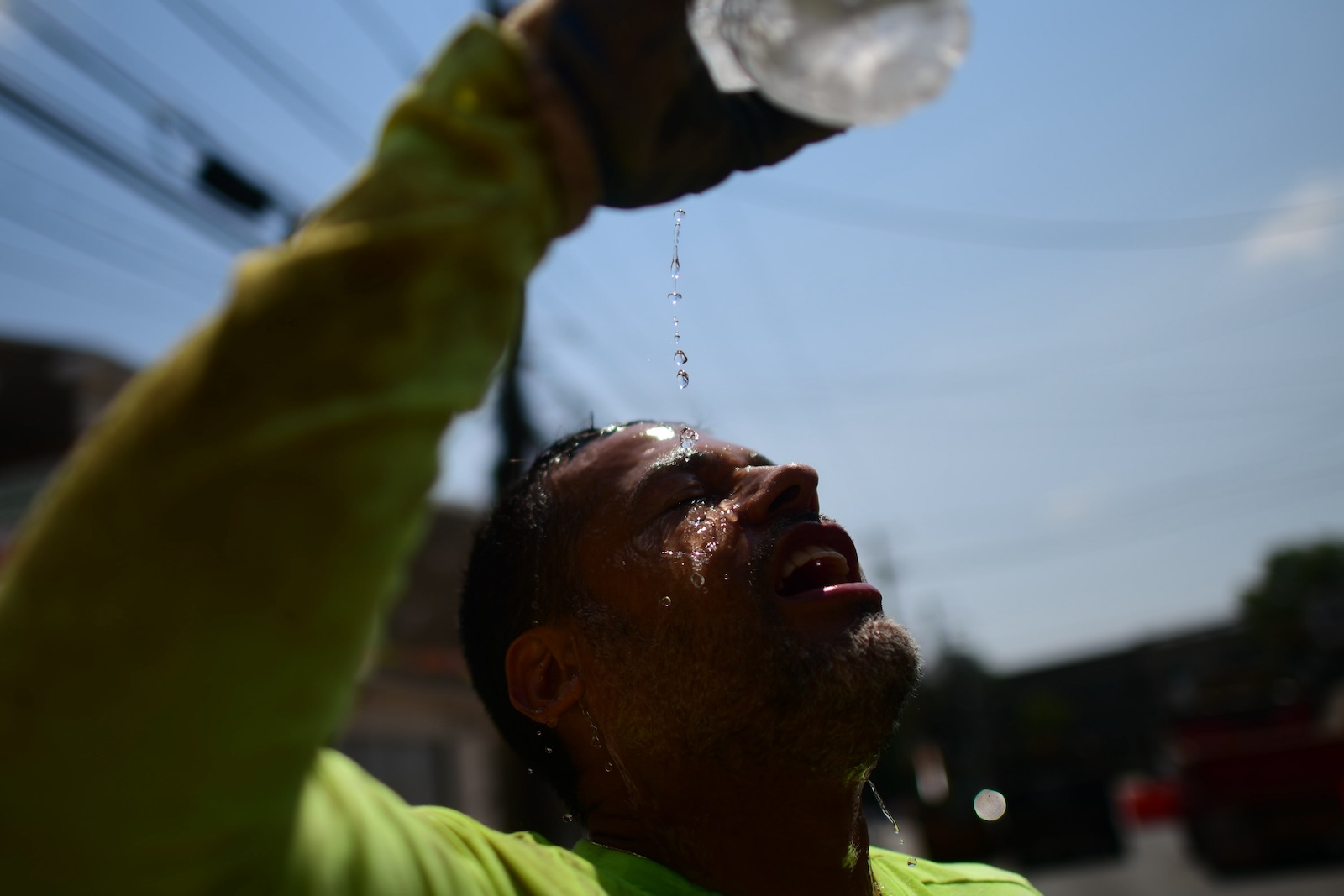
Rapid Summary
- Laredo, Texas experiences the urban heat island effect, making extreme heat more dangerous for its residents compared to rural areas.
- The rio Grande International Study Center partnered with NOAA last summer to collect temperature data across Laredo using volunteers and CAPA Strategies’ mapping tools.
- Plans for interactive maps and thermal imaging where underway, funded in part by a $10,000 grant from NOAA’s Center for heat Resilient Communities via the Inflation Reduction Act (IRA).
- NOAA defunded the Center for Heat Resilient Communities shortly before announcing grantees’ involvement in urban heat resilience efforts.
- Federal climate-related programs under previous administrations have faced cuts; examples include canceled EPA grants and discontinued NOAA disaster-tracking databases.
- Researchers intended to work with 15 diverse communities across the U.S., crafting tailored heat-resilience plans focusing on strategies like cooling centers or improved housing insulation based on local needs.
- Despite the funding halt,researchers aim to continue offering scaled-down expertise while some like Villaseñor explore volunteer-driven alternatives.
Indian opinion Analysis
This article highlights challenges in sustaining climate action initiatives due to shifting federal priorities. From an Indian perspective as a global citizenry navigating similar environmental vulnerabilities-particularly urban heat consequences tied to rapid urbanization-it underscores two key lessons: reliance on consistent policy backing and community engagement.
India faces similar risks in congested cities exacerbated by uneven access to green spaces and air-conditioned shelter-a replication of disparity highlighted here between affluent versus economically stressed zones’ adaptability through structured infra-collapse foresight resilient-session-model alignments



